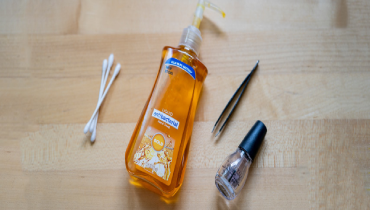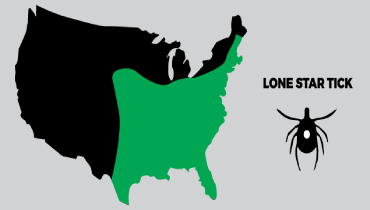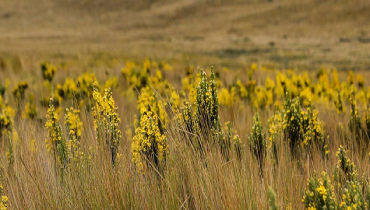Learning how to remove a tick safely is more important than ever. Did you know that if you botch the tick removal, part of the critter’s mouth parts will remain under your skin? (Gross – we know!).
Learn moreMosquito Joe® Blog
Shared Resources for Your Pest Control Needs

EPA PESP Gold Member Status: A Milestone in Environmental Stewardship
We’re thrilled to announce that Mosquito Joe has achieved Gold Status within this program, a prestigious recognition reserved for “outstanding environmental stewards.
Showing 28 Results for Tick Control
Aug 03 2020
Jul 13 2020
A walk in the woods can be a pleasant reprieve but can also invite some unwanted hitchhikers. Ticks can latch onto exposed skin,
Learn more
Jul 07 2020
Understanding the Threat of Lone Star Tick Disease Spring and summer typically bring more time spent enjoying the great outdoors
Learn more
Jun 08 2020
A stroll through the tall grass or a hike in the woods can inadvertently attract some unwanted stowaways – ticks! These pesky
Learn more
May 19 2020
Romping through the fields, roaming the woods, barreling through the bushes, your pup is an explorer!
Learn moreBlog Category
About Mosquito Joe®
Since 2010, Mosquito Joe® has provided mosquito and pest control services for residential and commercial customers nationwide. Our team of trained pest control experts is dedicated to getting rid of mosquitoes and other pests so you can make outside fun again. Our team of trained field professionals knows how to get the job done swiftly and thoroughly, leaving a noticeable absence of biting insects.






